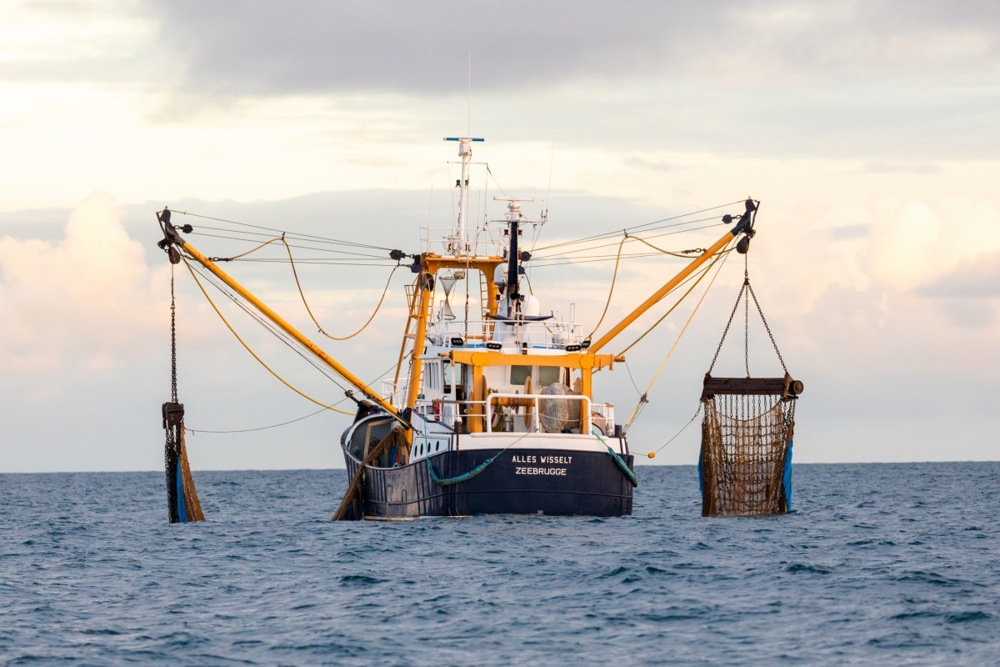The European Commission has rejected giving businesses support to buy emergency generators in preparation for a possible energy crisis.
Kadri Simson, the body’s energy tsar, rebuffed suggestions that companies could be helped to purchase the equipment as this would go against the European Union’s “green” agenda.
“The Commission does not support the installation of generator sets for energy security if they are based on fossil fuel,” she said in response to a written question on the topic.
Instead, Simson argued that the bloc was expanding renewable-energy generation which, she claimed, would serve as a “shield” for households and businesses within the union.
“Despite the scarcity situation, the EU has not experienced blackouts,” she also insisted.
Simson was writing in response to a query by André Rougé, French MEP for Rassemblement National, who expressed concerns that many businesses across the bloc were now buying generators to avoid being hit by a possible spike in the cost of electricity.
“This medium-term solution is already being used in some overseas communities, including in French Polynesia, as a way of coping with frequent power cuts,” he said.
National governments within the EU have previously encouraged businesses to take such measures, with Germany’s ruling coalition advising companies last year to buy emergency generators in preparation for a possible “shortage of gas and electricity” in the wake of Russia’s war with Ukraine.
“Equipping with emergency-power generators is particularly recommended for operators of critical infrastructure,” former German economics secretary Patrick Graichen remarked.
Problems with the EU-wide supply of energy have continued into this year, with reports that gas production in Australia could be disrupted by industrial action, causing prices in the bloc to spike by 40 per cent.
Experts are particularly concerned regarding the coming winter, with the EU facing the possibility of disruptions if sufficiently cold weather is combined with further problems regarding fossil-fuel imports.
“It comes down to the winter we have, which is unknown at the moment,” commodities expert Callum Macpherson said, describing Europe as a whole as facing “significant tail risks”.
There are no conventional fishing-trawler engines currently in existence that can effectively comply with the European Union’s new “green” energy scheme, a French MEP has claimed. https://t.co/tY92TwwQcW
— Brussels Signal (@brusselssignal) August 9, 2023





